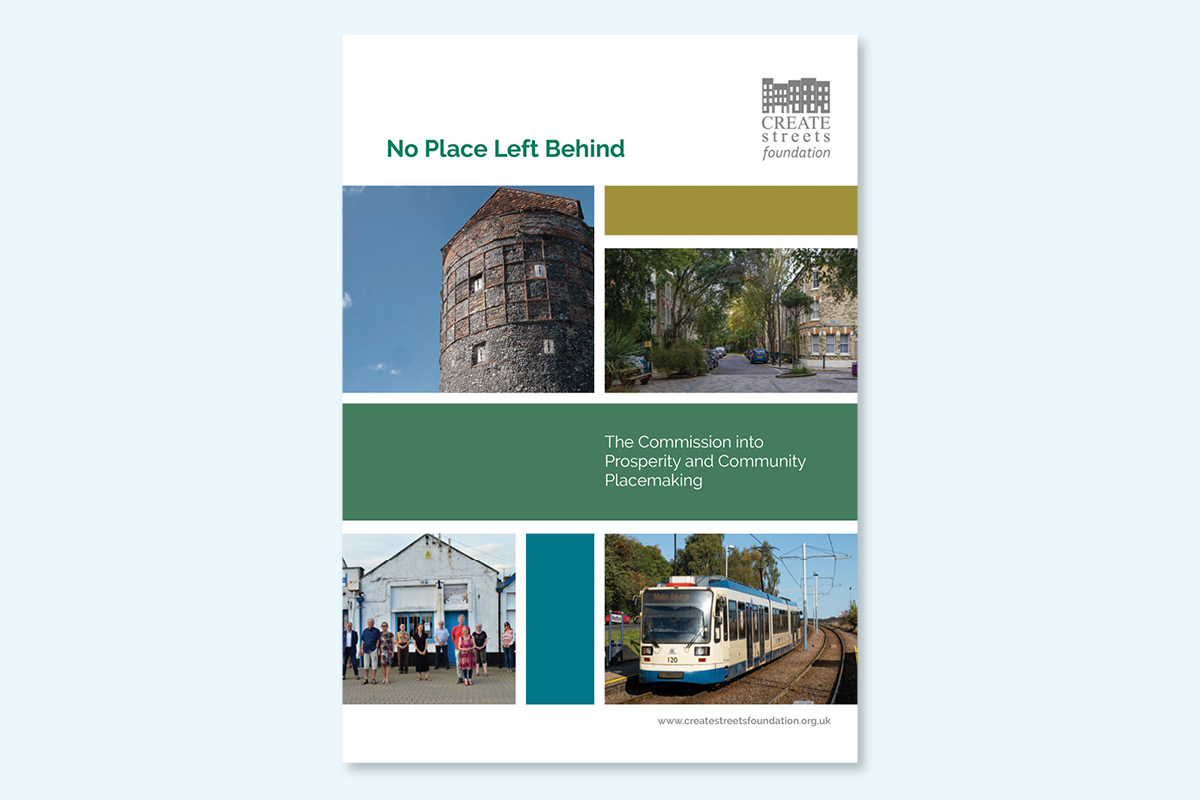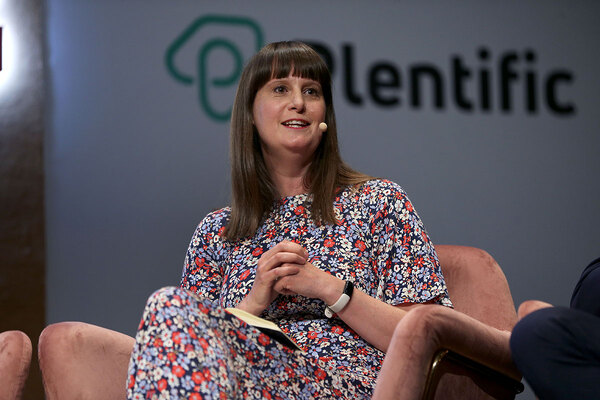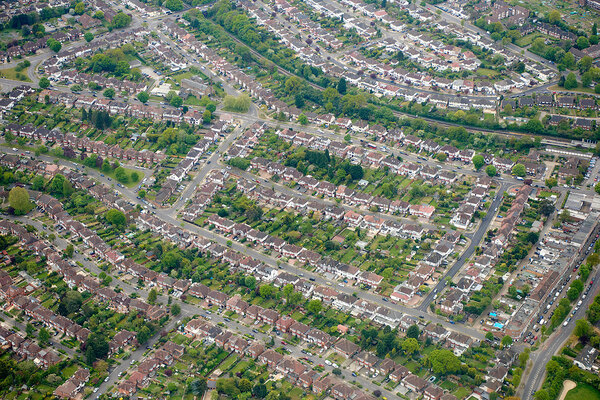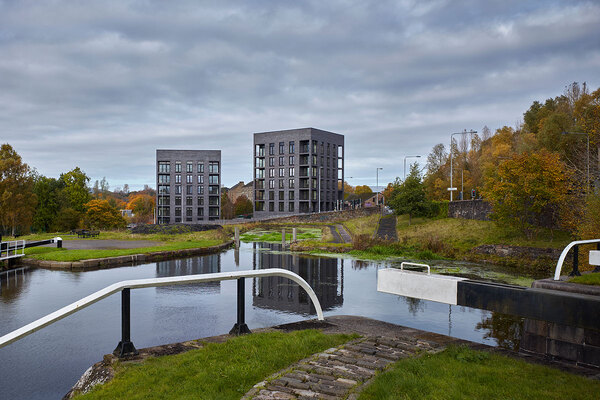
Government investment is crucial, but spending decisions must be made at neighbourhood level for levelling-up to succeed
The Commission into Placemaking and Community Prosperity reports its findings today, including an affordable housing conversion fund so housing associations can acquire hard to retrofit homes and upgrade them. Rachael Orr, one of the commissioners, sets out what change is needed and why
It was February 2020 when I took a call from Toby Lloyd, latterly Theresa May’s housing advisor and former head of policy at Shelter.
“Rachael, I’m running an exciting new commission on placemaking and community prosperity and I’d love PlaceShapers to be part of it. We plan to try and visit 10 to 12 places over the next year, meet people working there, and draw policy lessons on regeneration in ‘left-behind places’.”
Well, the commission has indeed worked tirelessly over the past 16 months, debating many things from community power to why regeneration fails.
But we’ve done all of our work from our living rooms. It has been an odd experience being part of a commission on place – which for me is such an immersive policy area – without so much as sitting in the same room as my fellow commissioners.
That is not to say we haven’t heard from some wonderful people doing some truly inspiring things.
Like self-help housing project Giroscope, which works with local unemployed people who are disadvantaged in the labour market, such as ex-offenders and people with learning difficulties, to renovate local buildings and public spaces.
Or Back on the Map in Sunderland, which buys up poor-quality private rented sector, abandoned and empty homes and refurbishes and improves them, before letting them to local people.
But even without meeting people and really getting under the skin of their work, it was hard to escape the sense that they were achieving these great things in spite of government policy and funding, rather than because of it.
“Our report calls for the mass transfer of ownership of empty shops, buildings and public spaces to communities and local businesses”
The message we heard time and again was: “Let us get on with it, but please, make it just a bit easier.”
The clear picture from our work is that while investment from Westminster is vital, how that money is used needs to be decided at neighbourhood level if it is to achieve the greatest impact.
So our report calls for the mass transfer of ownership of empty shops, buildings and public spaces to communities and local businesses, through a new Community Right to Buy, and for dedicated ‘improvement districts’ to reinvent town centres and residential neighbourhoods – all backed up by a £2bn Community Wealth Fund, to support the most left-behind places to develop their own solutions.
But what also stood out for me was the role of housing associations in supporting these community organisations to deliver their work, and to scale their reach and ambition. In so many places the catalyst for growth, the organisation willing to take on some of the risk, was a place-based social landlord.
And what we heard from them was “let us do more”.
So that means a seat at the table when regeneration decisions are being made. Place-based social landlords are experts on the place they work in. Their staff and residents are the local communities. They know what they need to make places better, from mixed-tenure housing to new parks and community centres.
It also means additional funding to allow us to intervene and drive regeneration and renewal in homes and neighbourhoods.
Time and time again we heard from people that absentee private landlords, buying up properties at ‘bargain basement’ prices and letting them at the Local Housing Allowance rate, were blighting left behind places.
These landlords have little incentive or ability to invest in improvements – which is especially worrying when considering how we will meet the government’s net zero emissions target.
“Place-based social landlords are experts on the place they work in. Their staff and residents are the local communities”
To address this, we call for Neighbourhood Improvement Districts: an ambitious programme of area-wide home retrofitting that can raise the overall value of left-behind places. We think the government should create an affordable housing conversion fund so housing associations, and local communities, can acquire hard-to-retrofit homes and upgrade them.
We call for the Social Housing Decarbonisation Fund to be brought forward, to kick-start the supply chains needed to retrofit the nation’s homes.
And we think there needs to be a new role for Homes England, which should be empowered to employ more staff and make more decisions at a regional level, reviewing its remit to focus on regeneration and long-term placemaking.
Like the communities we heard from, housing associations’ message to the Treasury is this: we are doing great things to help renew places. Give us long-term, flexible funding and we can help deliver the sort of transformational change your levelling-up agenda is crying out for. And much more importantly, we can help deliver the sort of transformational change people in left-behind places deserve.
Rachael Orr, director, PlaceShapers











